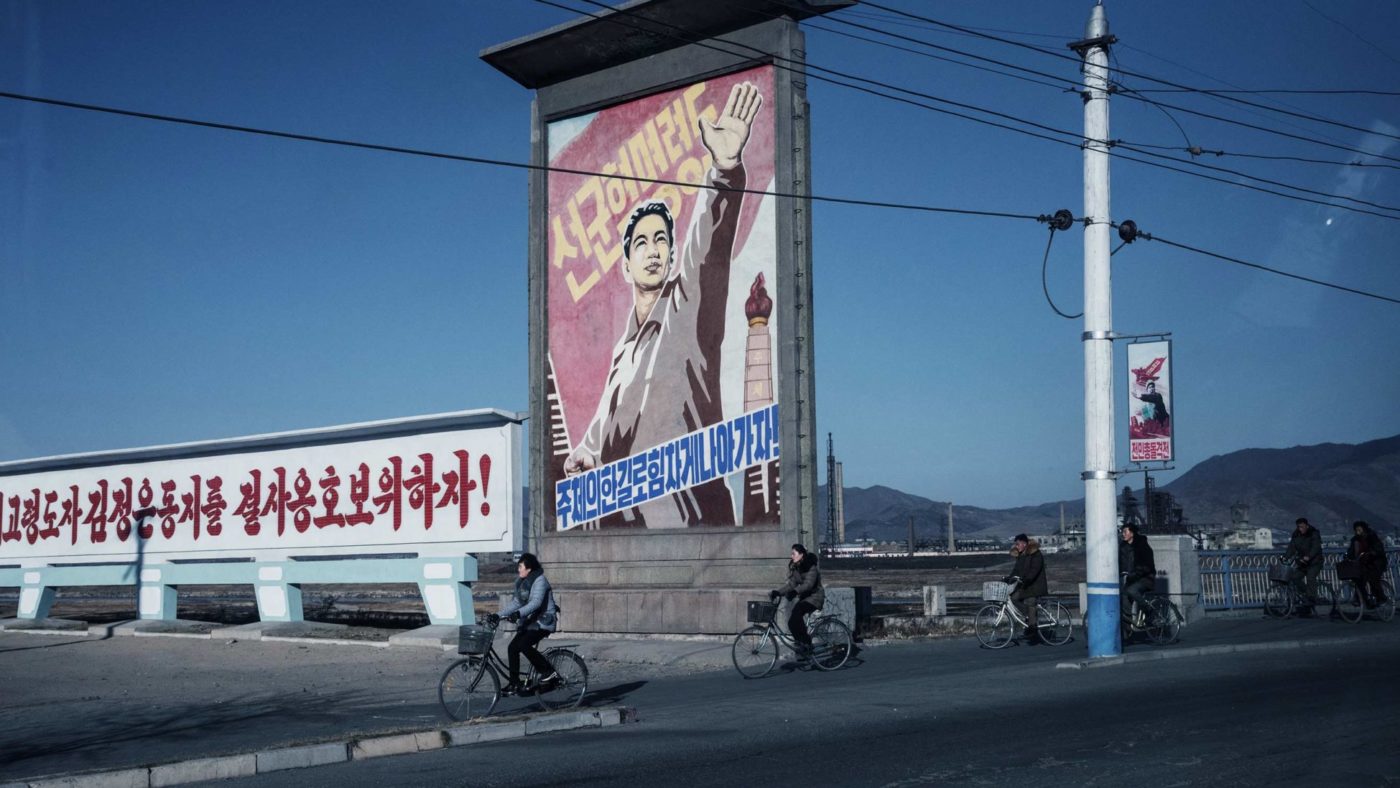The world’s attention is fixated on Singapore, the venue for a summit that not long ago looked like it wouldn’t happen.
Discussion between Kim Jong-un and Donald Trump was imperilled by the former’s intransigence and the latter’s rashness. Trump dictated an intemperate letter to Kim on May 24 cancelling the thing. It looked as though that was that.
Trump’s decision seemed inexplicable. Last summer, he had threatened North Korea with unnecessary severity. He could only have endured the resultant criticism of his aggressive talk, levelled by domestic enemies and world leaders, with some desired outcome in mind.
When the two countries, which had seemed rhetorically prepared for conflict, announced detente and set in motion the Singapore summit, Trump could retrospectively justify his previous actions.
His subsequent withdrawal made domestic and foreign critics of Trump leap into action. They were gleeful, delighted that the target of their derision had conformed so spectacularly to type.
Later, when Trump, boosted by North Korean entreaties, acted to disregard the summit’s cancellation, it was his partisans who could not have not been happier. North Korea had come crawling back to the president, they crowed.
Amid this garish theatre serious matters lie unexamined.
For both Trump and his detractors, the truly important subject has been neglected: the nature of the North Korean state. The fact is that the Kim regime, as well as being a nuclear-armed power, runs a slave state, a state whose practices are so barbaric that even accurate description risks appearing hysterical.
The North Korean state is not like any other.
This is often communicated to observers through the hermit kingdom’s strangeness, with its extraordinary state propaganda and its uncommon rituals and customs. Kim Jong-un, like his father and grandfather before him, appears in bizarre photo opportunities which Western media loves to reproduce.
We must not begrudge the media for covering these oddities. They are interesting; they are different; and beneath them, as readers and viewers already know, lies darkness.
The Kim regime runs a tyranny which defies easy categorisation. North Korea’s citizens suffer through privations akin to those endured by the second world during the Cold War. North Korean society is heavily militarised in ways which resemble European fascism. The state has built a network of prison encampments, part concentration camp and part gulag, in the north of the country. Prisoners are dealt with brutally. They are starved. Some are tortured, others murdered, yet others left to die from the consequences of their ill-treatment.
As attested by an entire genre of memoir written by those who escaped such conditions, North Korea’s concentration camps not only contain political opponents, but also play host to the entire families of those deemed undesirable elements.
All this is built on top of, and in aid of sustaining, a system of society-wide repression, which criminalises unapproved thought and forces a population of millions into perpetual mental servitude.
A recent collection of short stories, The Accusation, authored by a dissident North Korean writer still living in the country who writes under the pseudonym Bandi, catches it well.
The book describes life under an all-seeing dictatorship. Its stories are shaped by the necessity of constant deception. To survive, a North Korean must lie to their colleagues, to their family, to themselves, concealing any dissenting impulses.
Amnesty International and other campaigning organisations have urged Trump to raise the North Korean state’s vast human rights abuses at the Singapore summit. This is a worthy cause.
Much of the response to the events of the last year has been unworthy.
Last year, when the North Koreans and Trump were competing in their use of bellicose language, many commentators decided to stage histrionic displays decrying the nuclear Armageddon they claimed to see on the horizon.
Now things have changed.
The summit which followed this confrontation was greeted by two responses.
The first is Trumpian triumphalism: pleasure in having secured diplomatic success, allied with the suggestion that the North Korean problem can simply be solved by Trump’s being in the same room and featuring in a few bilateral photographs. This is allied with Trump’s view of himself: tough guy and deal-maker par excellence. It’s all there in the president’s excitement at being given an oversized letter by a North Korean emissary – in front of a bank of cameras – last week.
Second, the president’s critics are not doing what they ought. They should be accusing him of trivialising one of the worst criminal regimes ever to have emerged from the totalitarian 20th century. Instead, they happily speculate that Trump will be humiliated by wily North Korean diplomats, whose side they effectively take, rather than addressing the vast lacunae in American policy.
This is like the confected nuclear scare last summer: both unbecoming and unhelpful. Rather than hoping Trump gets given the run-around by the leaders of a nuclear-armed tyranny, more serious criticism is required.
And from Trump partisans, it would be heartening to hear it suggested that the North Korean people deserve better than the president appearing at a summit, shaking Kim Jong-un’s hand and flashing a nice big smile for the cameras.


